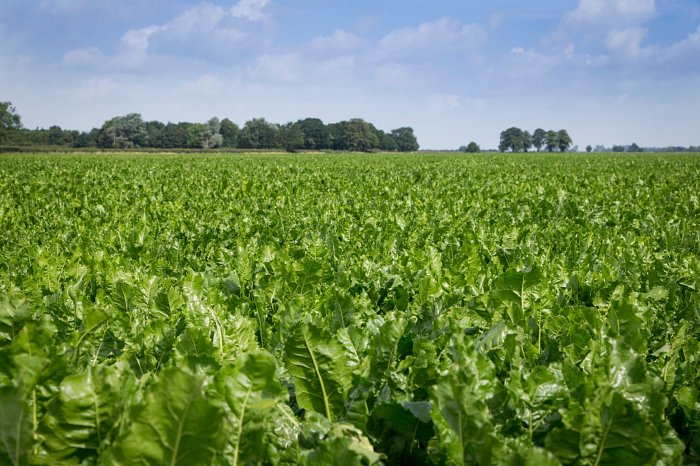
The UK sugar beet sector has called for an urgent meeting with Defra after it rejected an emergency authorisation for the use of a neonicotinoid on the crop for 2025.
NFU Sugar and British Sugar had applied for emergency use of Cruiser SB on sugar beet seed in the event of a high forecast of virus yellows pressure in 2025.
As in previous years, its use would only have been triggered if the independent Rothamsted Model surpassed a threshold of virus severity.
But the government announced that it would not be granting the application for 2025 as it was 'clear' that the neonic was 'extremely toxic' to pollinators.
NFU Sugar Board chair, Michael Sly said the UK sugar beet sector would be 'disappointed', as recent disease pressures have caused crop losses of up to 80%.
“Any seed treatment would only have been used if an independent, scientific forecast of pest pressure had surpassed a threshold of severity to warrant its use," he said.
“As a result of not having this emergency application granted, growers will not have a single viable solution to protect their crop in 2025 in the event of severe disease pressure."
Leading sector bodies, including NFU Sugar, British Sugar and the British Beet Research Organisation, have called on Defra for an urgent meeting to discuss immediate support.
This includes via the Virus Yellows Resilience Package in order to expedite grower access to long-term solutions to the disease.
There have been promising developments across several areas, including gene editing, conventional breeding techniques and novel integrated pest management.
However, Mr Sly said the UK sugar beet sector now needed 'urgent support to go further, faster'.
“Recent disease pressures have caused crop losses of up to 80%, which puts farms under huge pressure at a time when the sector is struggling with high production costs, extreme weather.
"We are asking Defra to meet us to discuss immediate support for our Virus Yellows Resilience Package to mitigate any threat posed by a high VY year in 2025."
In 2020, 25% of the national sugar beet crop was lost to virus yellows, costing £67m of total economic loss across an industry that creates nearly 10,000 jobs.
The virus is transmitted by aphids, and it is believed around 70% of the most common aphid, peach potato aphids, carry it.
The previous Conservative government permitted growers to use the neonic on the 2024 sugar beet crop, but with stricter conditions than previous years.
Instead, the Labour government said it supported industry-led work to develop alternative approaches to prevent virus yellows infection.
Defra said it was committed to supporting farmers to ‘tackle pests effectively and sustainably’.
